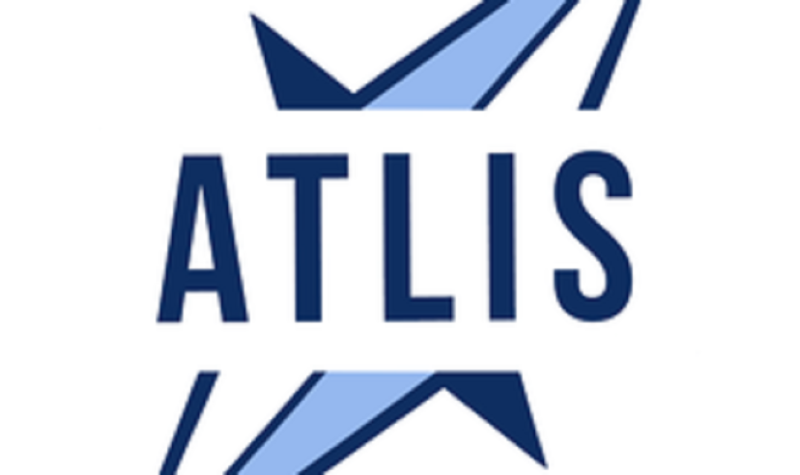The ATLIS Conference, hosted by the Atlantic International Studies Organization, will present its peer-reviewed journal of students’ papers exploring the theme of “Sifting Through the Wreckage,” on March 31st (7PM).
The theme is meant to reflect the turbulent year of 2020, and asks student authors to contemplate the future based on lessons learned over the course of the past 12 months.
The Zoom event will feature presentations from the journal’s 2021 authors, Dr. Thomas from the Mt A political science department and the guest speaker, Dr. Davies from Griffith University, Australia.
Co-president and editor-in-chief Amy Ward says that the papers are meant to respond to the feeling of the world falling apart.
“We were trying to find a theme that left space to address all of the different thoughts people were having about all of the events [of 2020],” says Ward.
Juan Facundo, a member of the ATLIS editing team, says the journal will address structural failures that occurred over the course of the year.
“I think it was feeling a little bit lost, like everything around you [was] falling apart, and then trying to regain stability by seeing what to keep and what not to keep,” says Facundo. “Also, noticing the biases and the kinds of structural failures that that are around us, and making those decisions as scholars, students, and as critical thinkers.”
Facundo is excited for the ATLIS conference, where the public can ask questions about the students’ papers and discuss international structures.
He’s particularly excited about keynote speaker Dr. Sarah Davies from Griffith University in Australia.
“She’s going to talk about the international relations frameworks in the World Health Organization and vaccine nationalism,” explains Facundo. “We should embrace playing a part in the political landscape, rather than trying to ignore it.”
Facundo notes that a silver lining of the conference happening over Zoom is that Dr. Davies is able to attend without expensive travel fees.
He really wants to see members of the community as well as the university attend the conference.
“There is the sense of a snobby, classist, understanding of world structures and how that then defines you either as a as a knower or not, are not a knower,” says Facundo. “I think that’s really detrimental to our democracy. If people don’t feel like they can participate in dialogues like these, then then I think that something has really failed. The journal is really good at bridging that [gap] because we are students. So with that voice, I think there’s a lot of humbleness that comes with it, because we are still still learning. Right?”
“I think everybody needs to realize that not everybody knows what they’re talking about. It’s all a work in progress, and we’re all trying to figure it out together.”
Ward adds that she is unfamiliar with political jargon herself, and understands why someone unfamiliar with the subject may be intimated.
“I’ve only taken two politics classes, so a lot of it actually does go over my head,” says Ward. “I have to ask for clarification for different terms, because you just don’t hear some of the political science jargon when you’re not in the field. But, the more that I’ve read papers from ATLIS, the more that I’ve come to appreciate the work that they do.”
Both she and Facundo agree that this year, the ATLIS journal was edited with accessible language in mind..
The conference is at 7PM on March 31st. The current issue and all past issues of the ATLIS journal are available online.
Hear this story as reported:


